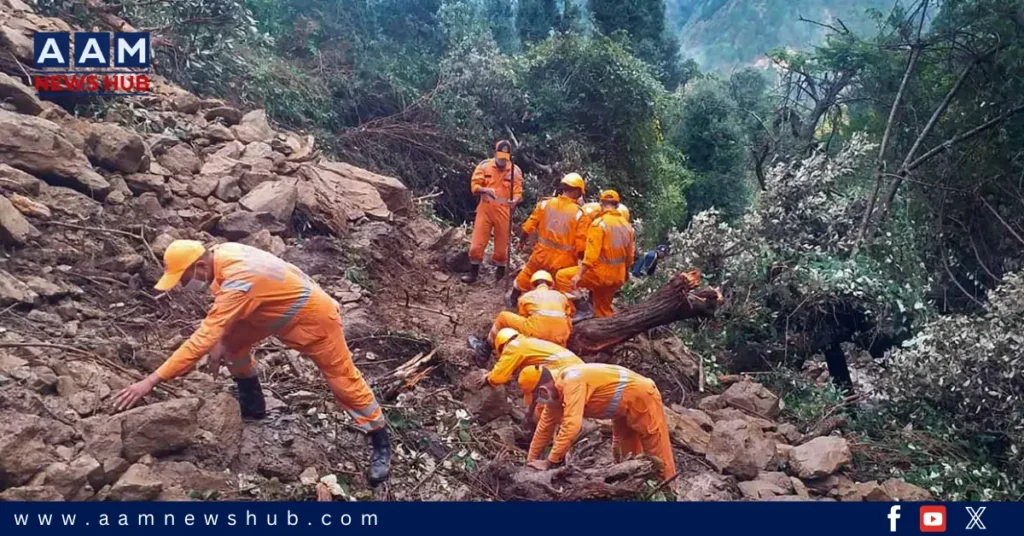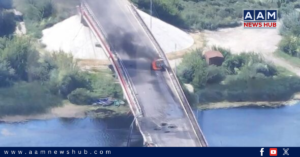Fearing another landslide, Papua New Guinea suspends rescue operations

On Friday 7th of June Geological scientists in New Zealand pointed out that more landslides are expected to occur in the region where a mountain collapsed into a rural community in Papua New Guinea 2 weeks ago, as officials also stopped search and rescue operations. The number of deaths from the 24th of May large landslide in the Papua New Guinea Enga area is still unknown, while the national government has reported that over 2,000 people have been buried while the United Nations has estimated that about 670 people died.
Read more: 2 Russian trams hit each other
A study, issued to Papua New Guinea by geotechnical experts from New Zealand, expressed worries about the reliability of the earth outside of the landslide as well as within it. At a news conference on the 7th of June, Aaron Waterreus, the team head of Fire and Emergency New Zealand (FENZ), which includes geotechnical engineers, stated, “We feel that there is significant possibility for other landslides to take place in the short or medium term.”
It is hard to stop the slope collapse from spreading, and it may continue to advance for months or possibly years, according to Fire and Emergency New Zealand (FENZ) geotechnical expert Jan Kupec. It covers around 14 hectares, almost 35 acres. According to him, the rock landslide was probably an accident of a previous landslide that had started and there were now worries that the arrival of monsoon rains would dissolve the rocks that had fallen from the slope and cause the landslide to take place once more.
Worries of more earth movement caused the Enga Provincial Government to announce the huge departure of other regions surrounding the landslide. After ending its search for dead bodies, the authorities declared the location to be the site of a mass grave.
According to the United Nations International Organization for Migration, the landslide caused the displacement of almost 7,200 people, and that figure might rise. Due to the area’s treacherous terrain and tribal instability, heavy equipment and relief have been slower to arrive. A few days ago, Papua New Guinea government authorities dismissed the possibility of discovering survivors under the wreckage.




